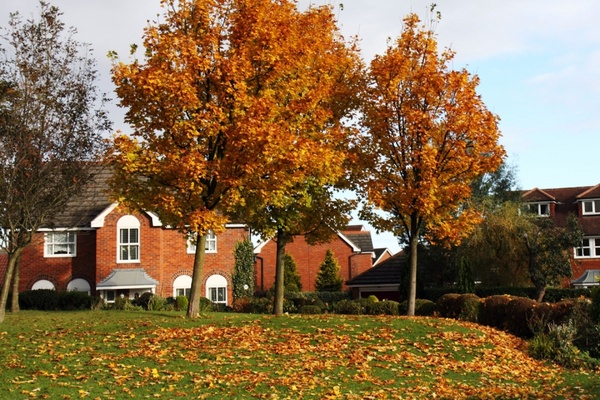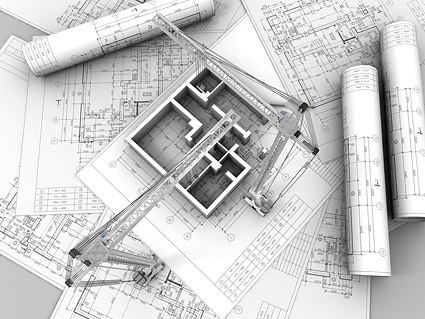 |
| Article Source: http://bestmortgagebrokers.net/ |
Demand for mortgages rose during the second quarter, but a strong divergence between larger and smaller lenders in underwriting credit standards is appearing, according to Fannie Mae’s Mortgage Lender Sentiment Survey, which tracks current lending activities and market expectations among senior mortgage executives.
Mortgage executives say it’s difficult for consumers to get a mortgage today, but some lenders are tightening their standards more than others. The Fannie Mae survey found that smaller and mid-size lenders are more likely than larger lenders to say their credit standards tightened over the prior three months. These lenders also report that they’re more likely to tighten them even more during the next three months. On the other hand, larger lenders were more likely to report that they have eased their credit standards over the prior three months and that they expect to ease standards more during the next three months.
The most common reason cited for tightening credit standards among all the lenders surveyed was the “changing regulatory requirements,” according to the survey. “Lenders have been trying to find ways to manage their operational costs and meet new regulatory rules,” says Doug Duncan, senior vice president and chief economist at Fannie Mae. “They appear to feel cost constrained and, thus, may be applying more conservative standards in their lending practices.” Still, overall, lenders reported positive expectations for mortgage demand throughout the remainder of the year, although they expect growth to remain modest. “These results are broadly in line with other major indicators released recently, including the pickup in home sales in May, and also support our expectations of a steady but unspectacular rebound for housing during the second half of this year,” says Duncan.




